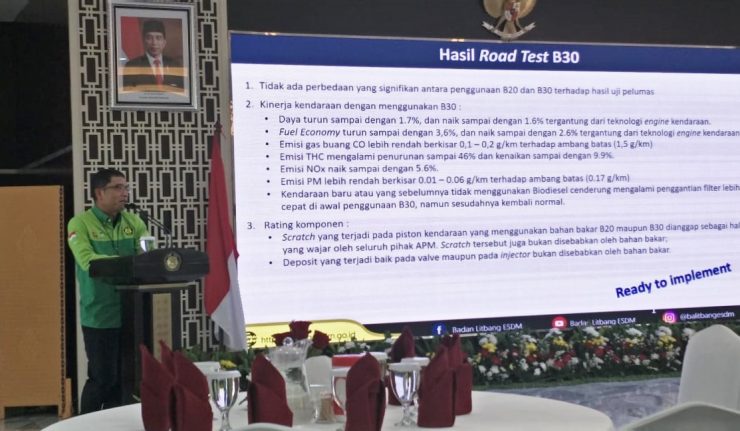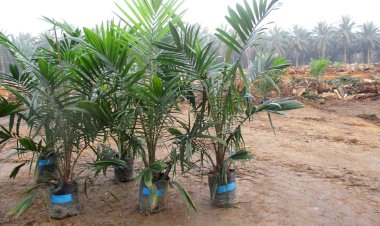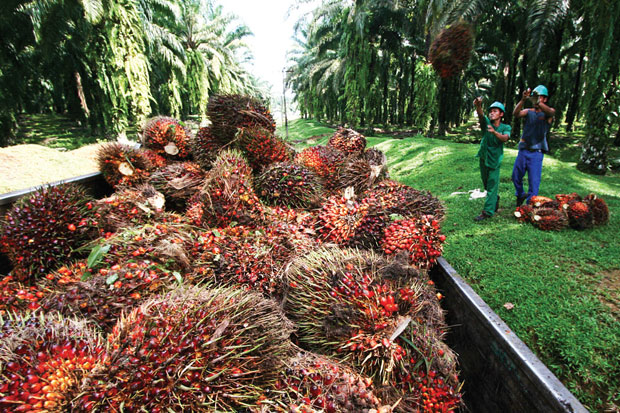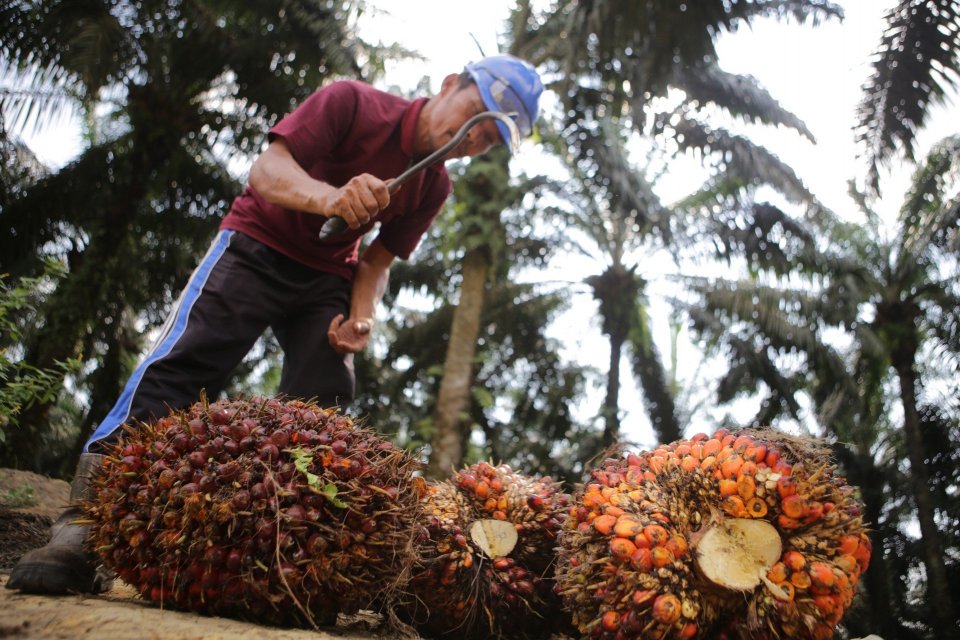Palm Oil Can be a Solution to Prevent Stunting
Palm oil encourages government programs to treat and prevent malnutrition and stunting through its rich composition of vitamin and nutrition.
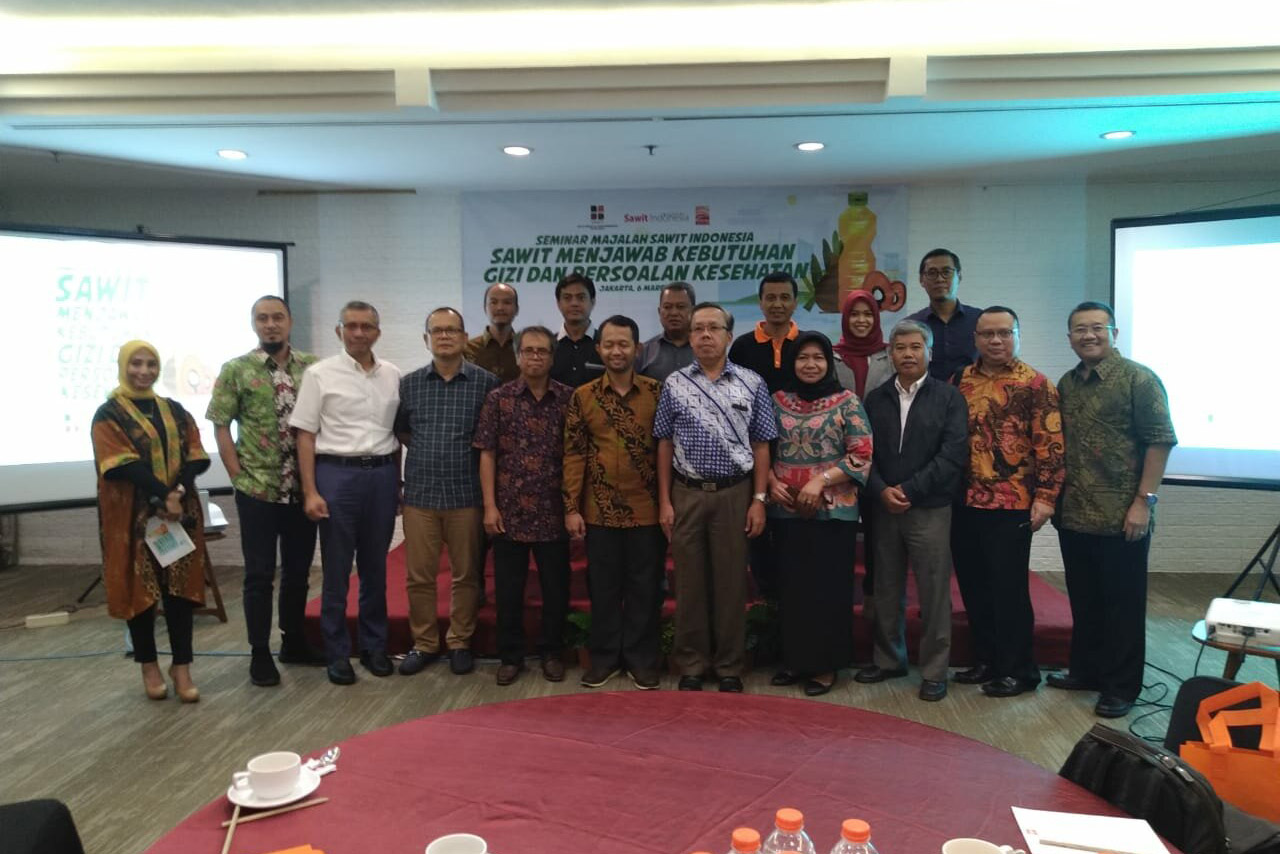
Palm oil encourages government programs to treat and prevent malnutrition and stunting through its rich composition of vitamin and nutrition. Palm oil can be processed into various downstream vitamin A-rich products. Nutrition expert and palm oil businesspeople revealed the amazing health benefits of palm oil in a dialog forum organized by Sawit Indonesia Magazine in Jakarta, Wednesday (6/3/2019). The “Palm Oil, a Solution for Nutrition and Health Problem`-themed dialog was fully supported by the Indonesia Oil Palm Plantation Fund Management Agency (BPDPKS). The day-long seminar also had the presence of several speakers: Director of Nutrition at Ministry of Health Doddy Izwardy, Director of Southeast Asian Food and Agriculture Science and Technology Center (SEAFAST) of Bogor Agricultural University (IPB) Nuri Andarwulan, Chairman of Indonesian Palm Oil Community (MAKSI) Darmono Taniwiryono, and Executive Director of Indonesian Vegetable Oil Industry Association (GIMNI) Sahat Sinaga. Doddy Izwardy explained that community nutrition improvement is an economic investment where macro and micro nutrition adequacy is prerequisite to develop Indonesian human resources both intellectually and productively. For this reason, Ministry of Health expects that palm oil can be processed into various downstream vitamin A-rich products. He said, stunting can permanently limit a child’s physical and cognitive capacity and cause livelong damage. Unless addressed immediately, the stunting problem will become a burden on the country`s economic development. Stunting is the impaired growth and development that children experience from poor nutrition, repeated infection, and inadequate psychosocial stimulation. “We are expecting palm oil can be the solution to prevent stunting since the problem we face is about nutrition consumption,” he said. At the same time, MAKSI’s researcher offered use of red palm oil to prevent malnutrition in Indonesia. Darmono Taniwiryono said that some community in Africa had a tradition to consume red palm oil for thousand years. Differently, red palm oil is not commonly-recognized in Indonesia. “In Indonesia, natural red palm oil can be used as cooking oil blend. Currently, some people use red palm oil for processed food and livestock feed,” Darmono, who is also the President Director of PT Nutri Palma Nabati, said. Speaking at the same event, Nuri Andarwulan said that palm oil is good for cooking as it is an excellent source of 50% saturated and 50% unsaturated fats. Palm oil also contains omega 9 which has important role in cell membranes, the immune system, and the circulatory system. Nuri revealed that formula milk can contain a blend of specific vegetable fat derived from palm oil to mimic a saturated fatty acids (SFA), monounsaturated fatty acids (MFA), and polyunsaturated fatty acids (PUFA) of breast milk. “Most people don’t realize that formula milk contains palm oil,” Nuri said. Palm oil has a high concentration of carotenes (Vitamin A), tocopherols and tocotrienol (Vitamin E) which are types of antioxidant. Palm oil contains twice more tocotrienol than soybean. Sahat Sinaga agreed that Vitamin A in palm oil might be the solution to prevent stunting problem in Indonesia. In this case, the government must commit itself to encourage conversion of use of bulk cooking oil to packed cooking oil. “The government must not set back to implement mandatory of packed cooking oil on 1 January 2020. It would be better if government provides incentives to producers,” Sahat added. Apart from that, the government should prohibit reuse of cooking oil since it can lead to health problems. Sahat demanded Trade Ministry to stop circulation of waste cooking oil. However, the government plan of cooking oil fortification program is running far behind schedule. “This program needs support both form businesses and stakeholders.” ***


